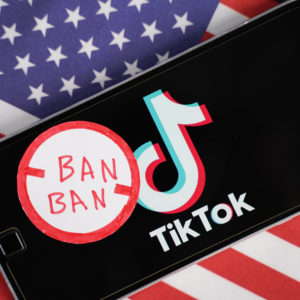For a different point of view see: “Counterpoint: Banning TikTok Is a Blow to Free Speech” The Chinese Communist Party in Beijing is nervous — and it ought to be. The U.S. Congress has targeted a significant tool the CCP uses to spread disinformation among Americans, and the rulers in Beijing are not happy about […]

